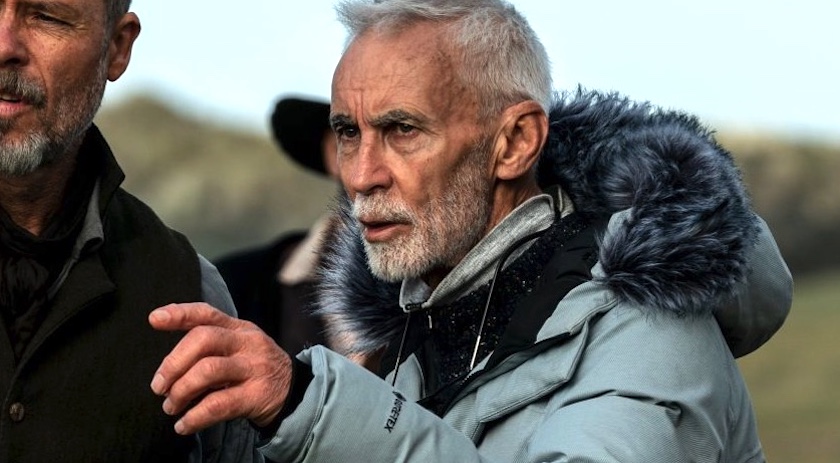Photo credit: Geoffrey H. Short / Kismet Movies
Lee Tamahori, the award-winning New Zealand film director who directed “Once Upon a Time” and the James Bond film “Die Another Day,” has died at the age of 75.
This famous film director suffered from Parkinson’s disease. His family told RNZ he died “peacefully at home” and paid tribute to a “charismatic leader and fierce creative spirit” whose legacy lives on with his whānau, mokopuna and the many filmmakers he influenced.
Early lives and breakthroughs of former warriors
Born Warren Lee Tamahori in Wellington in 1950, he learned the ropes in the 1970s and 1980s before making his breakthrough feature debut in 1994’s Once Upon a Time. The Auckland-set drama, led by Lena Owen, Temuera Morrison and Cliff Curtis, offers an unflinching portrait of Māori and the lingering scars of colonization. The film became New Zealand’s highest-grossing film at the time and won Tamahori the New Zealand Film Award for Best Director, setting him on a path between Aotearoa and Hollywood.
Bond and Hollywood’s journey
The success of Once upon a Time opened up a series of studio projects. Mulholland Falls is a period noir. The Edge is a survival thriller starring Anthony Hopkins and Alec Baldwin. and “Along Came a Spider,” co-starring Morgan Freeman in James Patterson’s adaptation. In 2002, he directed Pierce Brosnan’s final film as 007, Die Another Day. A crowd-pleaser and often-controversial subject, Bond is remembered for his entrance to the coast from the invisible car and Halle Berry’s surf ride. It was followed by “xXx: State of the Union,” the Nicolas Cage sci-fi thriller “Next,” and the daring “The Devil’s Double,” in which Dominic Cooper played both Uday Hussein and his shadowy counterpart.
Return home and champion Māori stories
Tamahori then refocused on whakapapa and identity-based projects. He reunited with Temuera Morrison for Mahana (The Patriarch) and recently directed the 19th century Maori drama The Convert, starring Guy Pearce. His family described him as a leader who championed Māori talent on and off screen and ultimately returned home to tell stories rooted in Aotearoa.
Style, impact and tradition
Director Tamahori is used to both intimate drama and strong genre filmmaking, and he varied his approach to suit the material. Reflecting on the action in a 2024 interview, he contrasted the glossy spectacle with the stark realism he pursued in The Convert, emphasizing “terrifyingly authentic” hand-to-hand combat over stylistic trickery. From the raw immediacy of Once Were Warriors to the global scale of Die Another Day, the breadth of his filmography highlights a career defined by versatility and storytelling acumen.
Tamahori is survived by his longtime girlfriend Justine. his children Sam, Max, Meka and Tane; step-daughters Casey and Meri; Cora Lee in his mokopuna. and a wider whānau. His films are a testament to a filmmaker who juggled between two worlds: Hollywood and his hometown, while keeping his roots firmly in Aotearoa.

